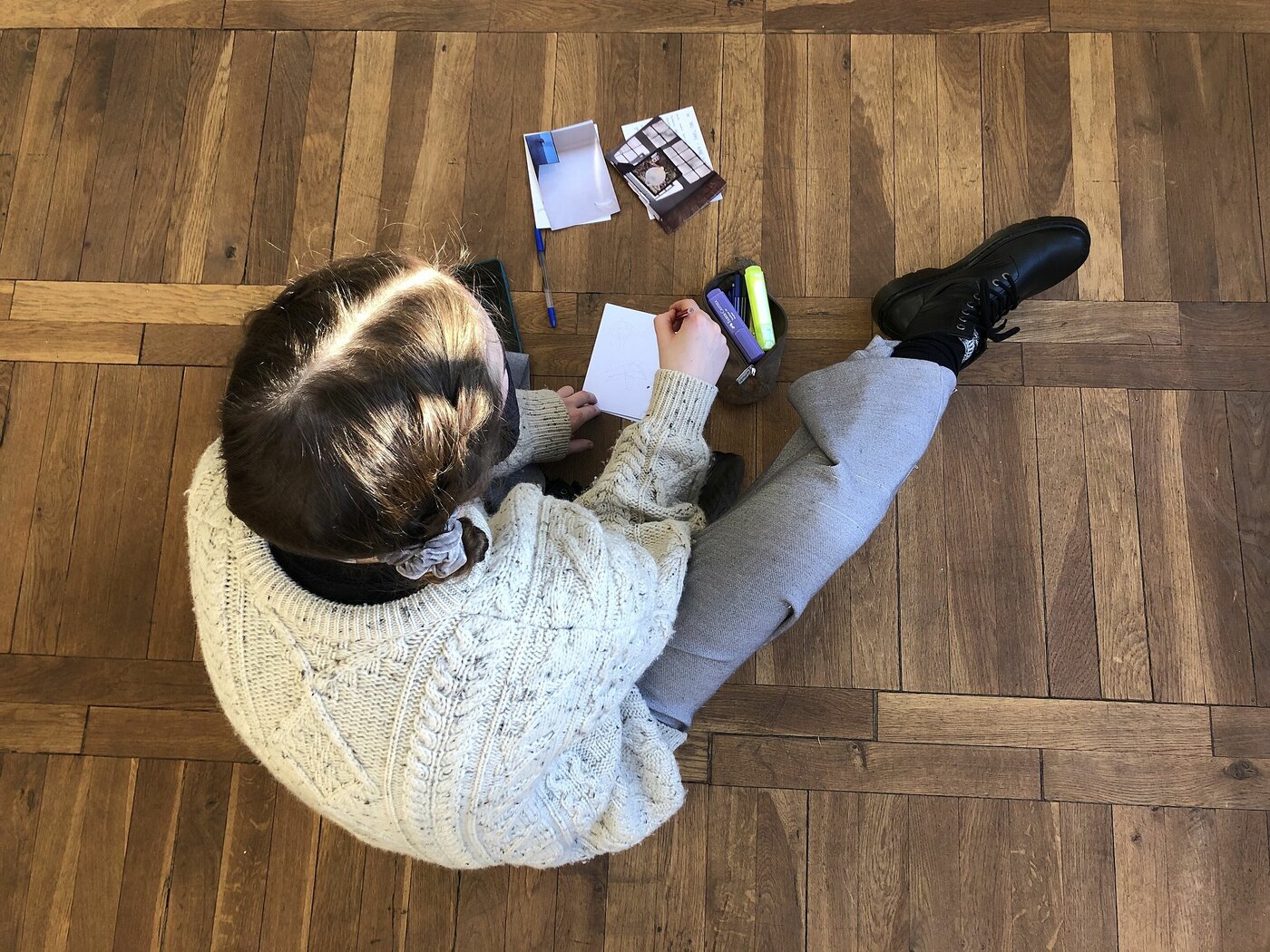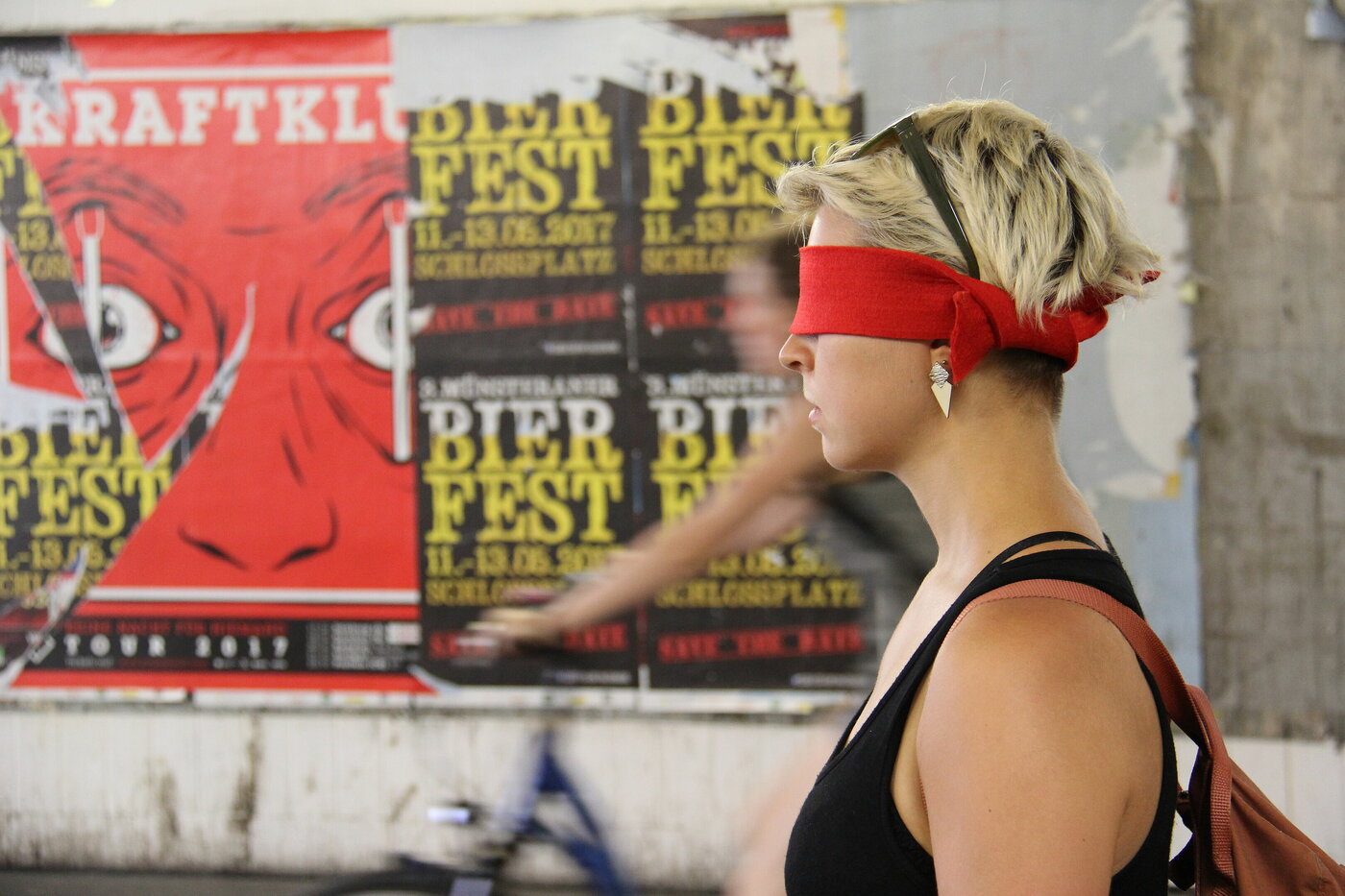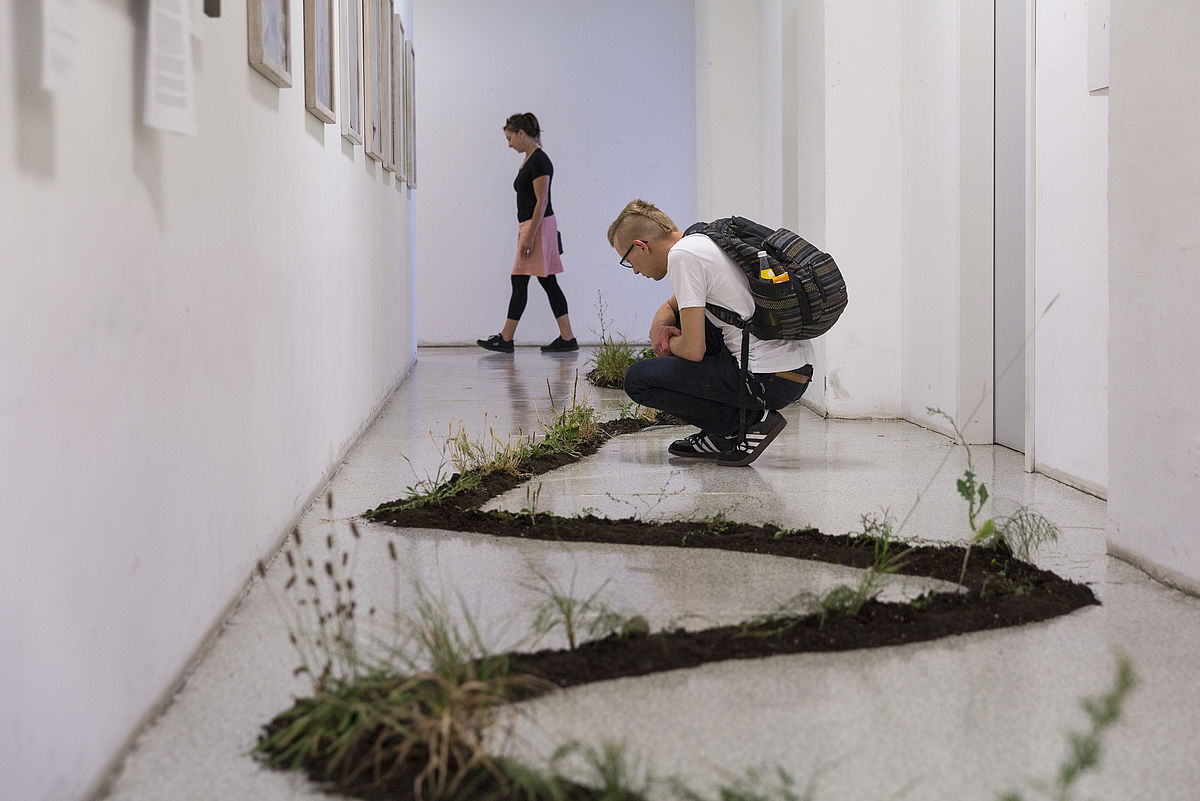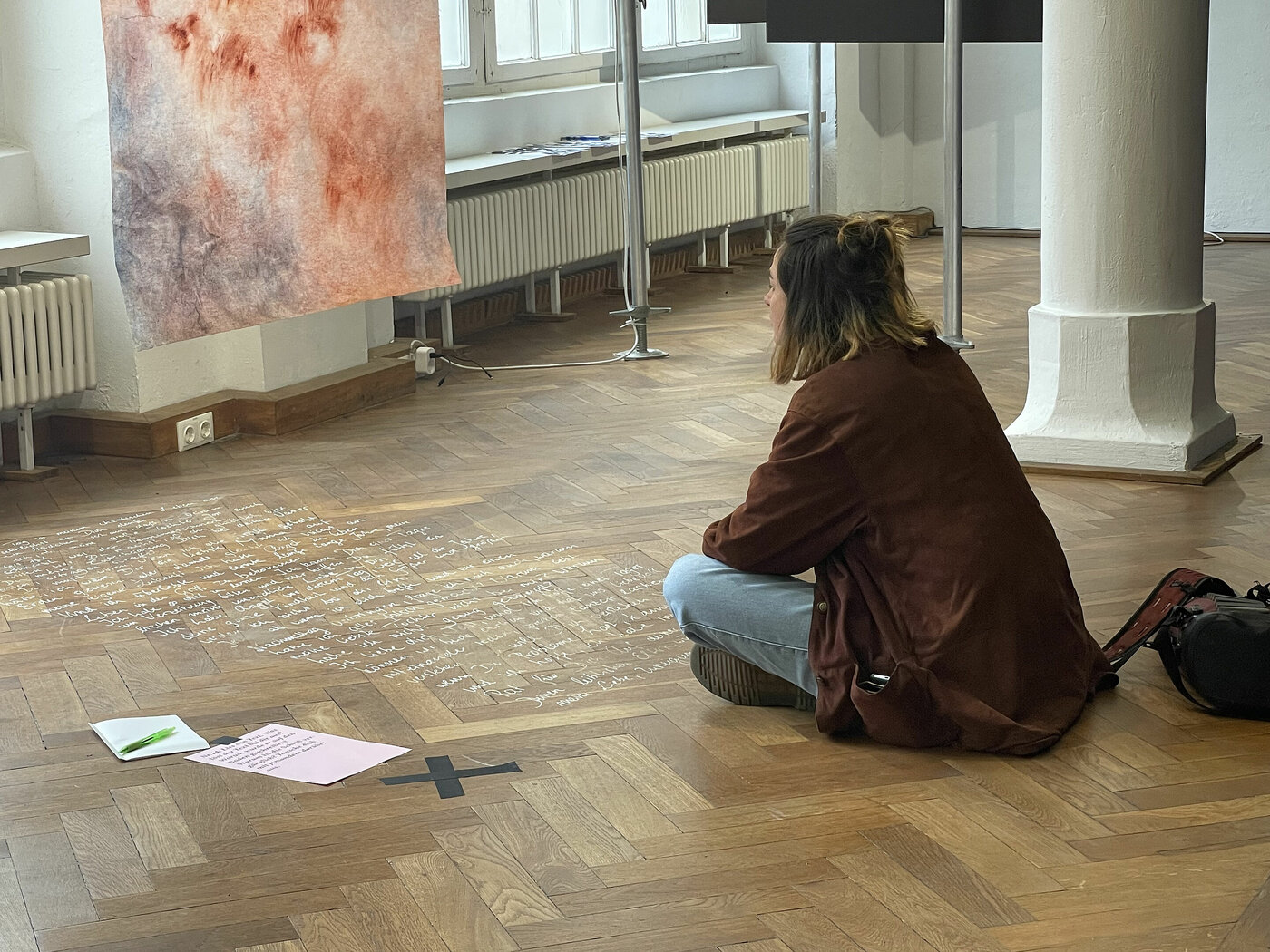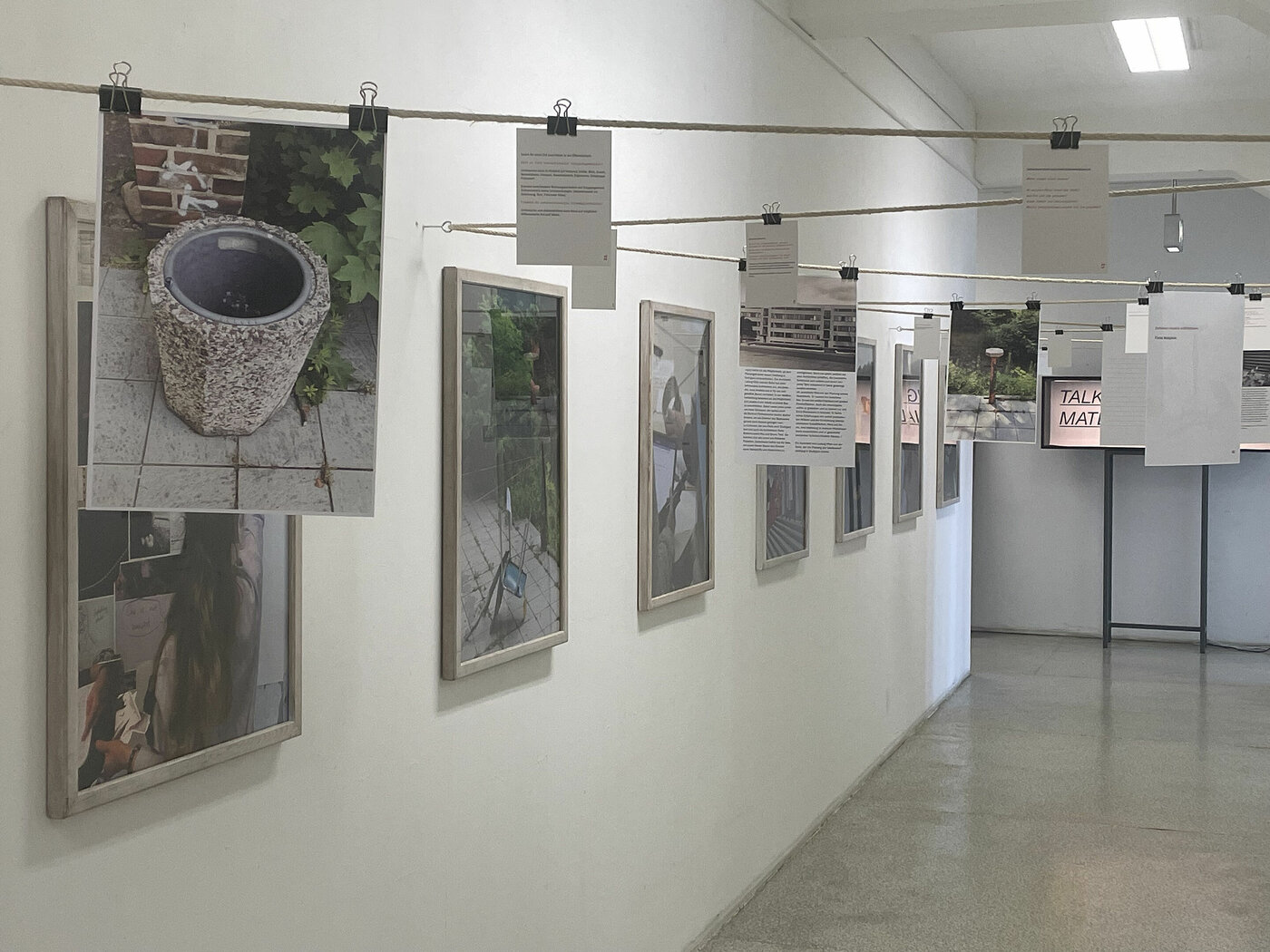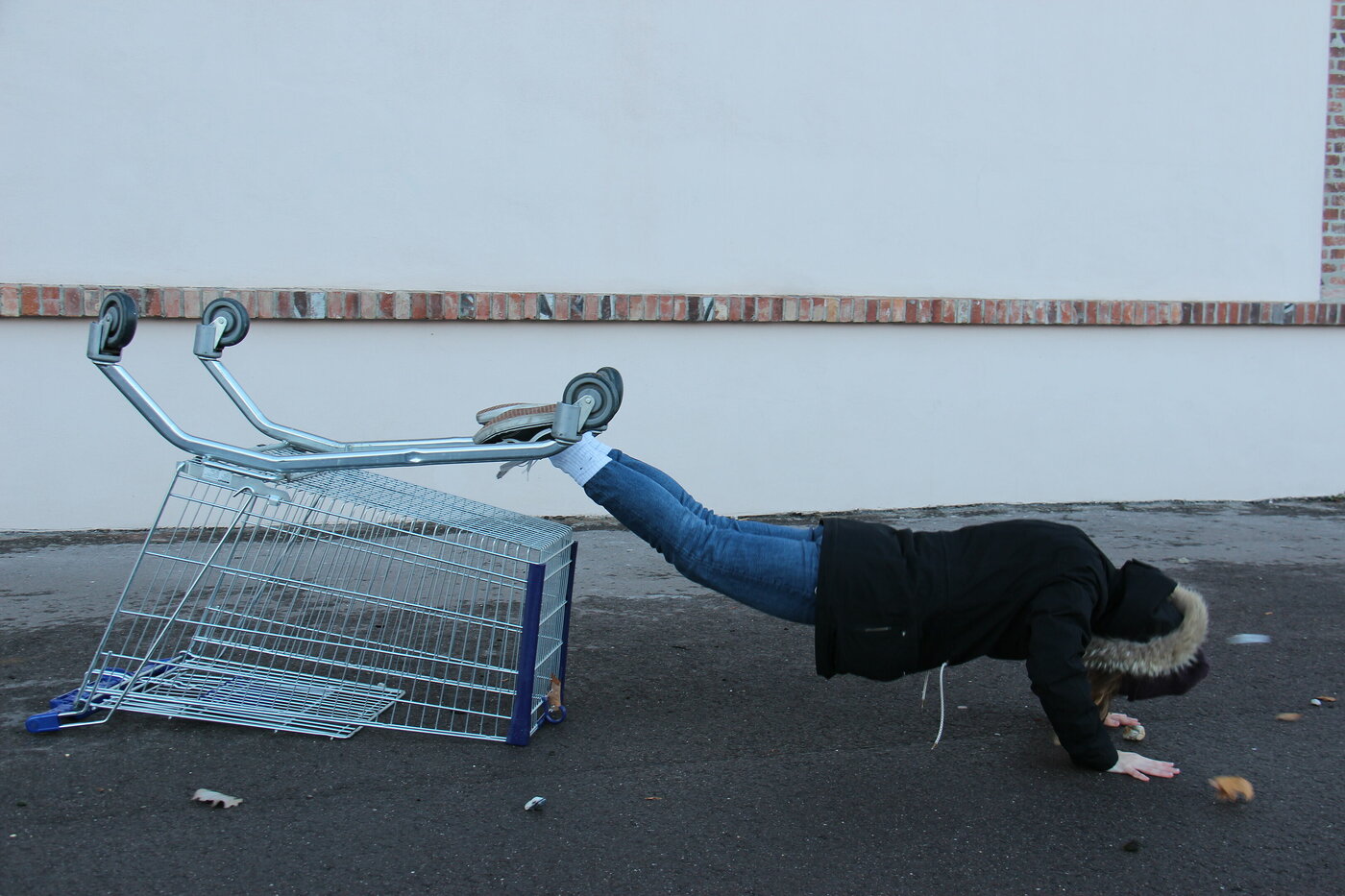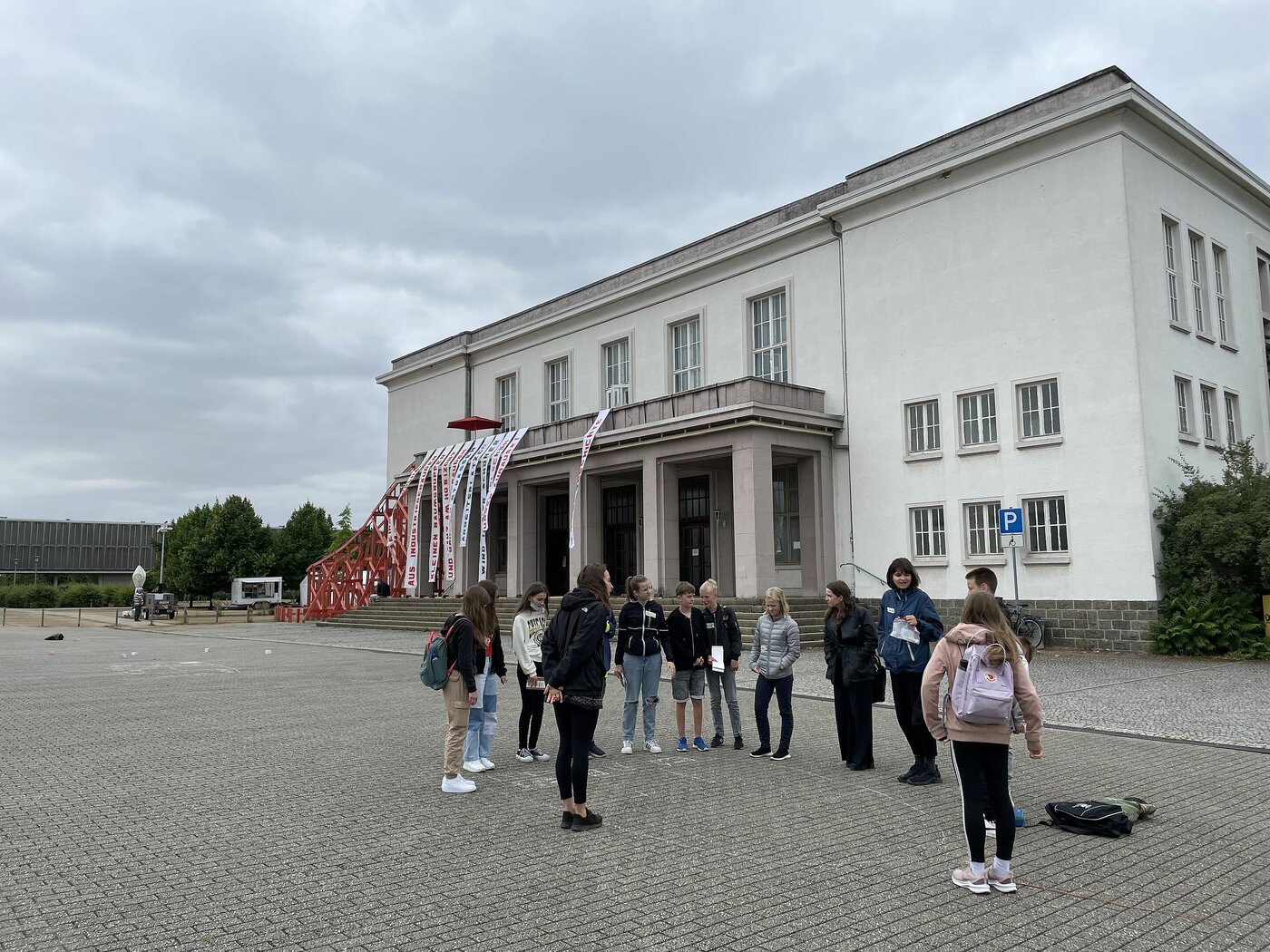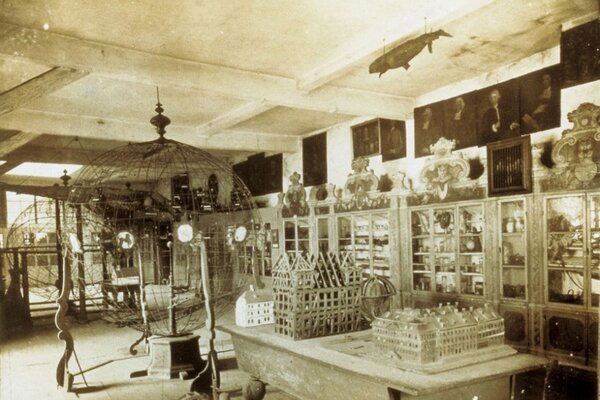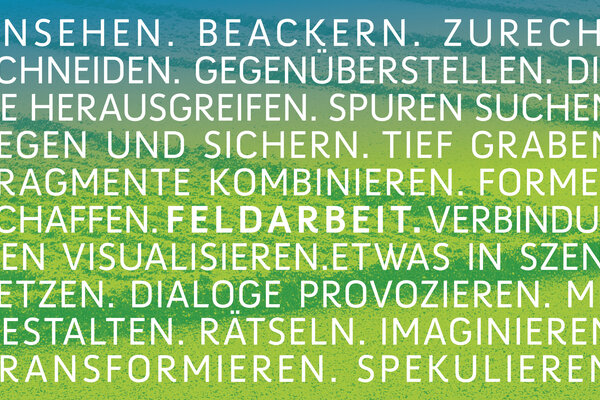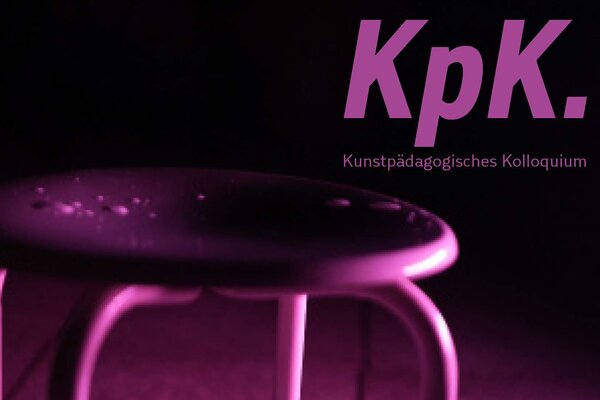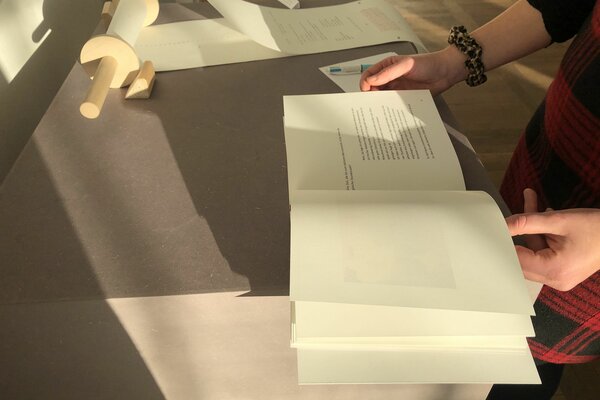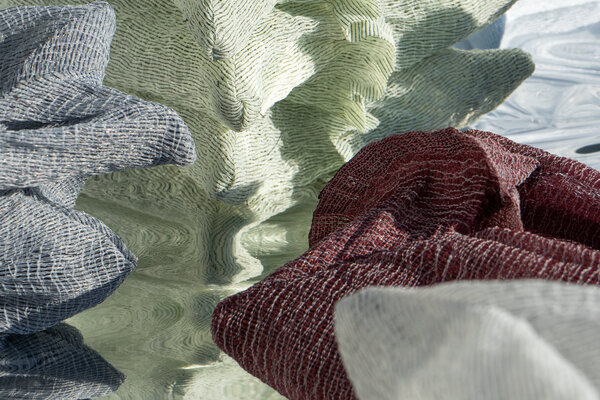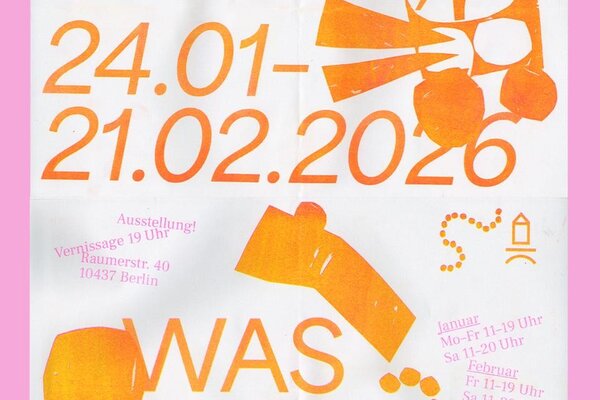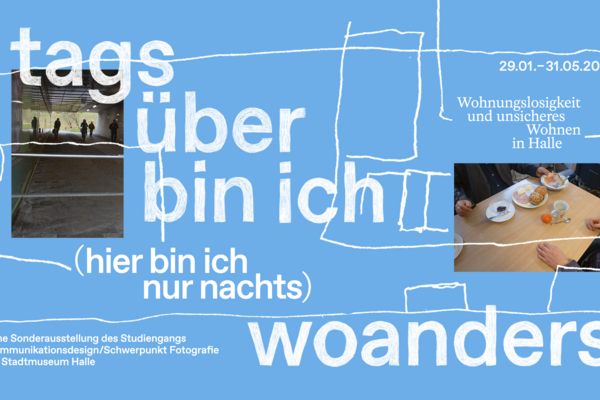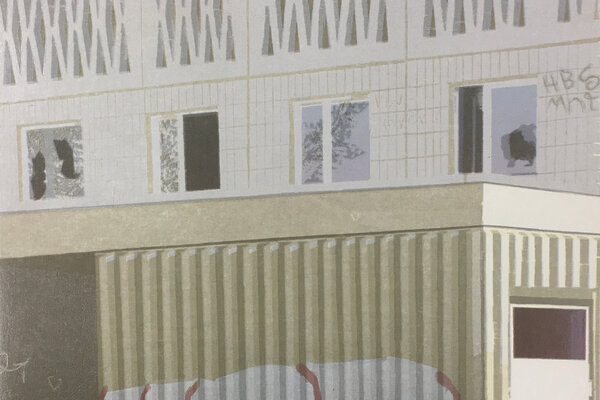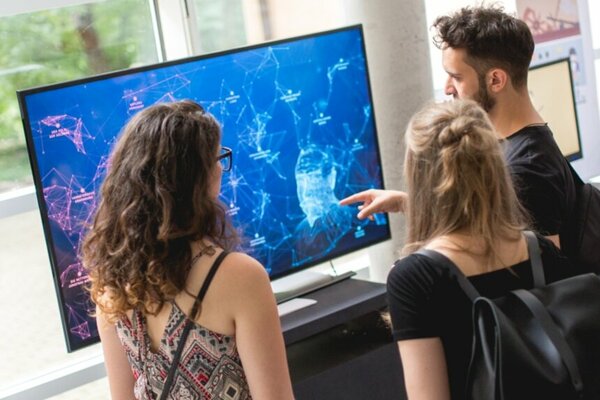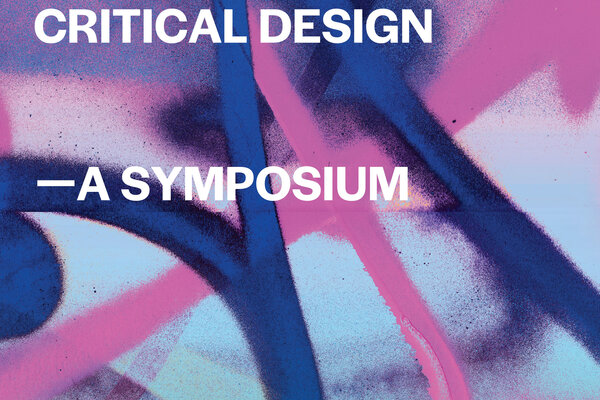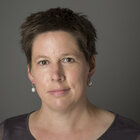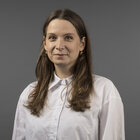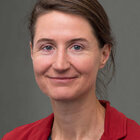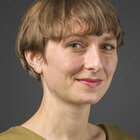Study programme
The four-semester programme has a modular structure and is divided into eight modules at BURG. At MLU, nine modules are completed.
The following modules are offered by the BURG:
Module: 'Kunst- und Designwissenschaften' Art and Design Sciences (9 CP)
Module: 'Fachdidaktik 1' Subject Didactics 1 (5 CP)
Module: 'Fachdidaktik 2' Subject Didactics 2 (10 CP)
Module: 'Fachdidaktik 3' Subject Didactics 3 (5 CP)
Module: School internship (5 CP)
Module: Colloquium (9 CP)
Module: ‘Wahlpflichtbereich’ elective module of art and design (12 CP)
Module: Degree in Art Education (15 CP)
The module ‘Kunst- und Designwissenschaften' Art and Design Sciences comprises courses from all areas of art and design studies and provides in-depth specialist knowledge.
The module ‘Fachdidaktik 1' Subject Didactics 1 comprises courses in subject didactics in art and teaches basic subject didactic positions, art education teaching models and formats. Students are sensitised to the topics, methods, materials, media and objectives of art teaching as well as to multiple reference fields of the subject of art and acquire basic skills in the development, planning, testing and reflection of teaching situations.
The module ‘Fachdidaktik 2' Subject Didactics 2 comprises courses (practical school exercises) that support students in planning, implementing and reflecting on their own teaching projects. Basic knowledge of structure, sequence and lesson planning is taught with reference to the currently valid subject curriculum. In addition, skills are acquired in the areas of method training and classroom management as well as with regard to subject-specific features in the assessment of academic performance in the subject of art. The module is divided into sub-module A (introductory module) and sub-module B (in-depth module).
The module ‘Fachdidaktik 3' Subject Didactics 3 comprises courses in which students acquire in-depth knowledge of art education concepts and subject didactic positions. Students expand their knowledge and skills with regard to the objects, methods and objectives of the subject. Experiences already gained in teaching practice as well as artistic and creative discussions are related to this knowledge and reflected upon in order to develop formats for art lessons and to plan and test art education projects.
The ‘School internship’ module comprises an internship at a grammar school or secondary school, which is carried out in the subject of art. The second internship is organised by MLU. It is supervised at the BURG, and the module work is also completed at the BURG (work placement report). The school internship includes observations and own lessons. The lessons and teaching sequences are planned, carried out, evaluated and reflected upon at an appropriate professional level.
The accompanying module ‘Colloquium’ gives students the opportunity to exchange ideas and discuss issues from their studies, teaching practice and individual specialisation with fellow students, lecturers and guests.
The ‘Wahlpflichtbereich’ elective module of art and design allows students to develop, expand and deepen their artistic and design knowledge and skills in relation to a wide range of practical requirements in the subject of art. The module comprises workshop courses and basic courses (art and design).
The module ‘Degree in Art Education’ comprises the independent academic development of a topic agreed in advance with a supervisor. The Master's thesis written in this module is either orientated towards art didactics (supervised by teachers at Burg) or educational science (supervised by teachers at MLU).
The following modules are offered by MLU:
- Module: 'Analyse von Lehrer*innenhandeln und Unterricht'
Analysis of teacher behaviour and teaching (10 CP) - Module: 'Lebenswelten und Sozialisation von Kindern und Jugendlichen'
Living environments and socialisation of children and adolescents (5 CP) - Module: 'Struktur und Entwicklung von Schule und Unterricht'
Structure and development of school and teaching (5 CP) - Module: 'Kommunikation und Digitalität'
Communication and Digitality (LSQ) (5 CP) - Module: 'Heterogenität und Inklusion'
Heterogeneity and Inclusion (LSQ) (5 CP) - Module: 'Bildung für nachhaltige Entwicklung'
Education for Sustainable Development (LSQ) (5 CP) - Module: 'Psychologische Grundlagen'
Psychological foundations (4 CP) - Module: 'Angewandte Psychologie in Schule und Unterricht'
Applied Psychology in School and Teaching (6 CP) - Module: 'Vertiefung Pädagogische Psychologie'
Specialisation in Educational Psychology (5 CP)
The module ‘Analyse von Lehrer*innenhandeln und Unterricht' Analysis of teacher behaviour and teaching aims to develop an understanding of the specifics of (pedagogical) teacher action and the inherent logic of communication and interaction processes in the classroom. To this end, students will become familiar with basic concepts and theories of pedagogical action and organisational tensions and antinomies. The development of a critical-reflective attitude is initiated through the independent multi-perspective analysis and reflection of cases from the classroom.
The module ‘Lebenswelten und Sozialisation von Kindern und Jugendlichen' Living Environment and Socialisation of Children and Adolescents’ conveys an understanding of the plural lifeworlds and contexts in which children and adolescents grow up (including alongside school) as well as the associated dimensions of difference and their domination-related hierarchisation. It is also about understanding the socialising effects of school and pedagogical practices, also in contradiction to pedagogical goals. Independent case analyses support the analysis and reflection of possibilities and limits of pedagogical action.
The module ‘Struktur und Entwicklung von Schule und Unterricht' Structure and Development of School and Teaching provides an understanding of the historical development and social character of the current form of school and teaching and the knowledge and critical-reflective classification of approaches to school and teaching development. Independent case analyses are used to support reflection on the scope for shaping pedagogical action within the school as an institution.
In the LSQ module ‘Kommunikation und Digitalität' Communication and Digitality, students learn to sharpen their perception of communicative events. They expand their analysis and reflection skills with regard to the design and impact of their own communication behaviour. They also deal with the special significance of digital media in the context of school and teaching.
The LSQ module ‘Heterogenität und Inklusion' Heterogeneity and Inclusion teaches knowledge about inclusion and exclusion in schools and lessons. To this end, students develop the ability to recognise and discuss social and school-specific categories of difference and the associated obstacles to academic and social participation as well as concepts and conditions of inclusive lesson design and professional cooperation and to reflect on these in educational practice.
The LSQ module ‘Bildung für nachhaltige Entwicklung' Education for Sustainable Development imparts knowledge of the concept of education for sustainable development from various specialist perspectives and approaches. The aim is to develop a reflexive approach to the topic and the ability to develop, implement and reflect on teaching and learning settings in this subject area.
The ‘Psychologische Grundlagen' Psychological Foundations module focuses on the skills required to understand and reflect on teaching, learning and development processes on the basis of their psychological foundations. Two of three basic subjects of psychology (to be chosen from general, social and developmental psychology) are studied, whereby an understanding of different perspectives of psychology is acquired on the basis of basic concepts, theories and research methods.
The module ‘Angewandte Psychologie in Schule und Unterricht' Applied Psychology in Schools and Teaching focuses on psychological knowledge about teaching and education as well as assessment and counselling situations in schools, whereby students acquire skills for the critical reception of scientific publications based on relevant research focuses. In addition, understanding-orientated learning processes are used to develop the ability to translate psychological findings into appropriate pedagogical action at school.
The ‘Vertiefung Pädagogische Psychologie' Specialisation in Educational Psychology module focuses on the skills required to understand personal, social and societal issues in the field of education as empirical-scientific problems and to develop and reflect on possible answers with the help of the psychological knowledge acquired. Psychological research methods are applied through the guided processing of an empirical-scientific topic.
Prerequisites
At least a 6-semester BA or diploma in an artistic-design programme (art, design, architecture).
Degree
Master of Education (M.Ed.)
